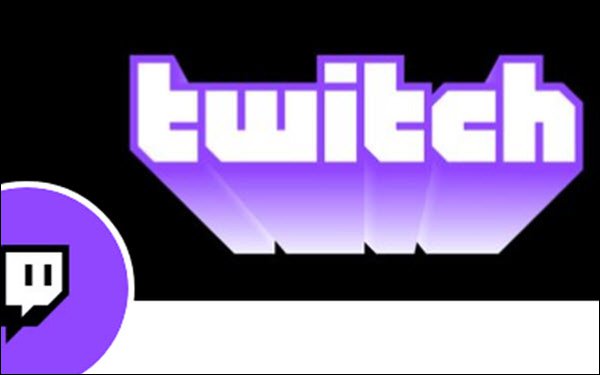
As a civil-rights movement continues to sweep the country,
top online platforms are taking a tougher stance on hate speech.
Twitch, for one, just announced a temporary ban on President Trump over what it is calling his “hateful
conduct.”
“In line with our policies, President Trump’s channel has been issued a temporary suspension from Twitch for comments made on stream, and the offending content has
been removed,” the Amazon-owned streaming giant stated.
The platform cited two specific instances of the President spreading his message of hate.
In the first, Trump’s
Twitch account rebroadcast video from a 2016 campaign rally during which he accused Mexico of sending “drugs” and “rapists” over the U.S. border. More recently, Trump’s
account streamed video from a campaign rally in Tulsa, during which the President presented a hypothetical scenario involving a “tough hombre” breaking into the home of a “young
woman.”
advertisement
advertisement
While Twitch might not be considered a conventional source for political fare, it boasts a massive reach among younger consumers. In April, its users watched roughly 1.6 billion
hours of gaming content, according to streaming software firm StreamElements.
As of Monday afternoon, it was not clear how long Twitch was planning to enforce its new ban on Trump.
Separately, Reddit just updated its content policy to take a harder stance on hate speech. Per the change, approximately 2,000 offending “subreddits” are being banned from the platform,
including a popular hangout for Trump supporters named r/The_Donald.
“All communities on Reddit must abide by our content policy in good faith,” Reddit CEO Steve Huffman declared
in a post published on Monday. “We are committed to working with [community members] to combat the bad actors, abusive behaviors, and toxic communities that undermine our mission and get in the
way of the creativity, discussions and communities that bring us all to Reddit in the first place.”
The separate decisions by Twitch and Reddit put additional pressure on Facebook, which
is facing an unprec
edented boycott by advertisers over what they consider to be its failure to curb Trump and other messengers of hate.
As of Monday, the list of advertisers committed to temporarily suspending advertising in the U.S. on Facebook-owned properties included Starbucks, Diageo,
Coca-Cola, Verizon, Unilever, The North Face, Ben & Jerry’s and Levi’s.
That’s despite the fact that Facebook agreed to modify
some of its content policies last week.
Specifically, the social giant said it would soon begin labeling posts from influential figures that violate its standard content policies.
“We’ll add a prompt to tell people the content they’re sharing may violate our policies,” Facebook cofounder-CEO Mark Zuckerberg announced in a Friday post.
Of equal significance, Zuckerberg said Facebook will no longer allow what he calls
“newsworthiness exemptions” for posts from public figures that incite violence or suppress voting.
Under these new terms, President Trump most likely would not have been allowed to
use his Facebook account to endorse the shooting of people looting businesses in response to the killing of George Floyd last month.
Initially, Zuckerberg responded to Trump’s threat by
reiterating Facebook’s commitment to free expression.
Since then, however, a resulting civil-rights movement has swept the country, while a growing number of critics inside and outside
Facebook have called out the company’s refusal to impose stricter content standards on Trump.
At the beginning of the month, hundreds of Facebook employees staged a
“virtual walkout” for giving Trump a platform to incite violence and spread disinformation.
Since then, a growing number of advertisers have joined the #StopHateForProfit campaign,
which was launche
d by the NAACP, the Anti-Defamation League and other civil-rights groups.